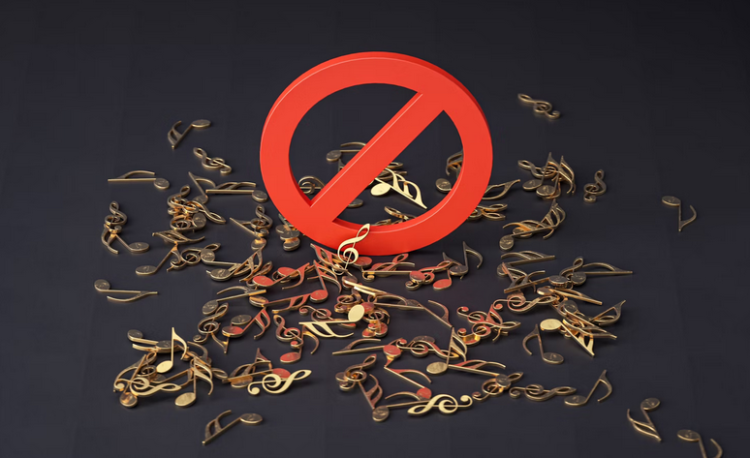The world of music is vibrant, ever-changing, and filled with opportunities. For musicians and songwriters, the relationship with their creations can be complex. Many don’t realize that they have a powerful tool at their disposal: copyright termination rights. This little-known aspect of copyright law allows creators to reclaim ownership of their work after a certain period. In fact, many popular songs of 2006 have been reclaimed the ownership back to the creators.
But what does this mean for artists today? Understanding these rights could reshape your career and boost your earnings as an emerging talent or even an established name in the industry. Let’s take a closer look into what you need to know about reclaiming ownership and navigating the intricacies of licensing and royalties in today’s music landscape.
Eligibility for Termination
Not every piece of music is eligible for copyright termination. To qualify, the work must meet specific criteria set by law. Generally, this applies to works created after January 1, 1978. The original author or their heirs can initiate a termination request typically between 35 and 40 years after the transfer of rights. This means if you signed away your rights early in your career, there’s a chance to reclaim them later. Moreover, only certain types of transfers are subject to termination. For instance, agreements that assign all rights outright usually fall under these protections.
Reclaimed Ownership

Reclaiming ownership of your music can be a transformative experience. Many musicians don’t realize that they have the power to take back rights after a certain period. Once eligible, artists can initiate a termination notice. This process requires precise timing and documentation. Understanding the specific timeframe for your works and following legal protocols is essential. When successful, reclaiming rights means more than just ownership. It opens doors for fresh opportunities in licensing, distribution, and even live performances. Artists regain control over their creative output. However, it’s important to consider potential repercussions on previous contracts or agreements you may have signed.
Not All Rights Are Eligible
When considering copyright termination rights, it’s crucial to understand that not all rights are eligible for reclamation. For musicians and songwriters, this can be a complex landscape. First, only certain types of copyrights qualify. The most notable ones include the authorship rights associated with musical compositions and sound recordings. However, if you’ve assigned your rights to a third party under specific conditions or agreements, you may find limitations in reclaiming those works. Additionally, timing plays a significant role. Rights must typically be terminated within specified windows after the initial transfer—often 35 years later—which means missing the deadline could mean permanent loss.

The Impact on Licensing and Royalties
The impact of copyright termination on licensing and royalties can be significant for both musicians and songwriters. When artists reclaim ownership, they gain greater control over how their work is used. This shift can lead to better financial opportunities. Artists may negotiate more favorable licensing agreements since they now hold the rights to their music. This newfound power allows them to dictate terms that reflect the true value of their creations. However, it’s not just about potential profits. Reclaimed ownership also means artists can choose which projects align with their vision and values.
They aren’t bound by previous contracts that may have restricted creative expression or fair compensation. On the flip side, labels and publishers might feel the pinch, too. As more artists exercise these rights, there could be a ripple effect impacting industry standards around royalties and licensing practices moving forward.

